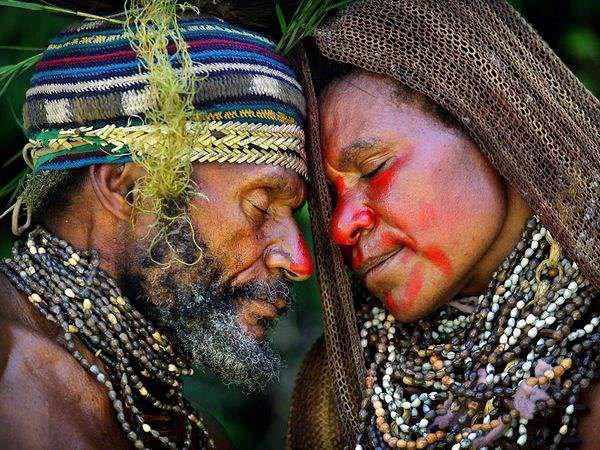
Image source: https://www.pngfacts.com/gender-based-violence-in-png/png-domestic-violence-statistics (Live in Peace: Image source. Cuma PNG)
Since this is the first blog post on the Morobe Development Foundation’s website in a little over a year, I thought it was appropriate to revisit the issue of Gender Based Violence (GBV) in Papua New Guinea. Drawing upon the latest research and current events while researching this issue I found that:
- Violence and sexual violence against women is still a significant issue in Papua New Guinea.
- Cultural beliefs and gender ideals are often used as a justification of violence against women.
- Legal changes, changes in ideology and adoption of gender inequality would be methods of reform to help address the issue of GBV in Papua New Guinea.
The Current Situation
Papua New Guinea is currently ranked 143 of 162 nations on the United Nations Gender Inequality Index. The rate of violence against women and girls is estimated to be at two in three and the severity and rate of this violence is only increasing as people isolate at home due to COVID-19. UNICEF Executive Director Henrietta Fore announced at the 2020 Executive Board meeting a need to work on data and programming to address increasing GBV in Papua New Guinea during the pandemic.
Attention has also been drawn to GBV in Papua New Guinea as tragic and unfortunate deaths spark outrage. Between 2016-2020 about ten GBV deaths have been reported. This does not include the hundreds of women who have been brutally beaten or injured by their partners under the radar. The recent death of Jenelyn, a 19 year old mother of two died after being beaten for more than five days. This incident sparked rallies and protests against GBV in Papua New Guinea.
Cultural Beliefs and Gender Based Violence
A look at two key journal articles published this year highlight beliefs and explanations of GBV in Papua New Guinea. An article by Richards Eves (2020) studying marital sexual violence in the highlands of Papua New Guinea found that many women continue to endure marital rape and violence, while male coffee farmers in the region believe they have a “right” to have sex with their spouse despite their consent. Using a combination of quantitative and qualitative methods, Eves’ study produced the following startling statistics:
- One in five men believe a woman cannot refuse sex with her husband even if they are ill.
- 16.4%-23.5% of women do not believe they have the right to refuse sex from their husbands under various circumstances (e.g.: ill, does not want to, husband is drunk etc.)
- 70.6% of women and 50.4% of men agreed that the exchange of bride price gives the husband the right to boss the wife around.
- 64.9% of women and 61.1% of men agree that a wife should tolerate violence in order to keep the family together – but violence that causes injury would not be acceptable.
- 55.7% of men believe a husband can hit his wife if she disobeys him.
These findings brought several ideas to mind regarding the practice of bride price and gender power dynamics. Firstly, the practice of bride price has traditionally been used as a method of exchange between families and compensation to the wife’s family for the loss of a family member or working member in their household. In light of these statistics, perceptions of bride price are being used to commodify marriage supporting the idea that a “man buys a wife” (Eves 2020:7). Also as noted in the statistics, the subordination and domination of women in marriages and other relationships between men and women is a significant issue and contributes to the GBV issue in Papua New Guinea. Women are not treated as equals in the household, with equal rights but as purchased individuals to care for children and serve the husband’s interests. An informant from Eve’s study stated,
“The husband must make all the decisions. This is how it is – this is the power of our customary ways which is still with us. If a wife tries to avoid doing what she is told, the husband will beat her. According to custom, he must beat her to make her scared.” (Eve 2020:8)
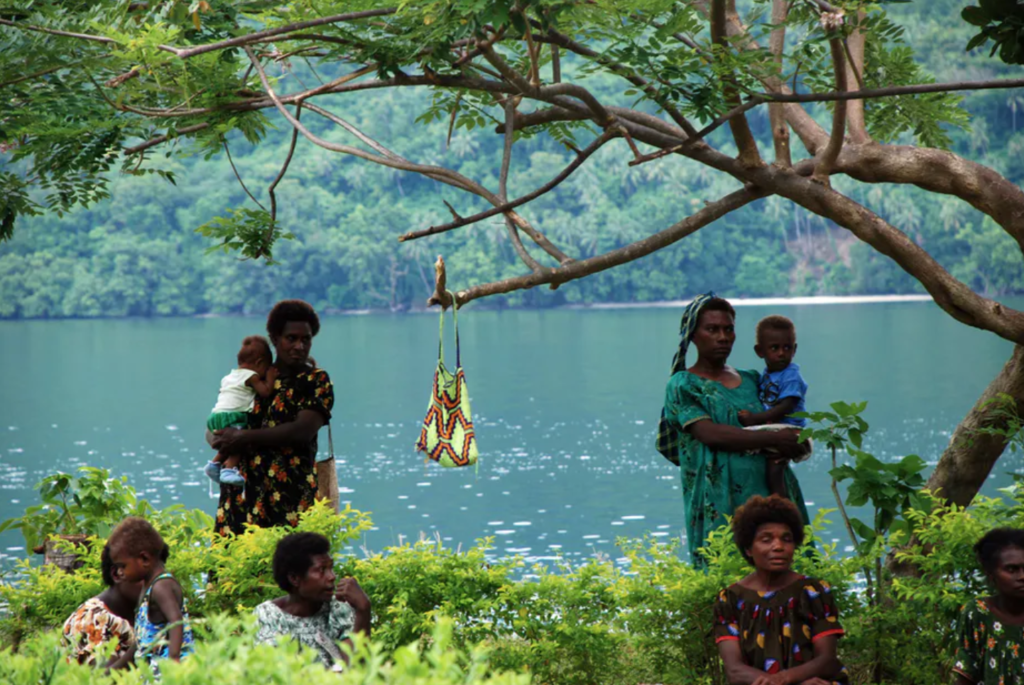
An article by Kelly-Hanku, Aggleton and Boli-Neo (2020) indicate there are efforts to move beyond the cultural ideal of “the Melanesian way” in larger Papua New Guinea cities such as Port Moresby and Lae where sexually diverse individuals are often more accepted. Though these individuals do face the everyday fear of imprisonment, legal battles attributed with being a transgender individual for example and violent threats. This article also notes the toxic ideals of masculinity present in the highlands, perhaps indicative of where projects to address GBV should be focused.
An Analysis – What Could Be the Solution?
Studies about the role of culture in Papua New Guinea’s GBV also relate to the “culture concept” debate by anthropologists, whether the “old” concept of culture being static and bounded or the “new” concept of culture being dynamic and subject to change should be utilized. Although taking into account domestic, gender based violence and various human rights issues it becomes apparent changes need to occur, culture must evolve to some extent in order to save the lives of women- wives, mothers and girls. We need to provide them with the care, compassion, opportunity and dignity they deserve. Abandoning oppression of women, reinventing gender roles, addressing the misconstrued beliefs and use of bride price in Melanesian culture does not have to do away with all cultural practices and traditions defining Papua New Guinea’s people. This would perhaps create a more welcoming, adaptive and accepted Papua New Guinea culture that highlights their strong values of compassion, community and honour. In an open letter by a Papua New Guinea lawyer Dame Meg Taylor, Taylor states,
“I understand the strengths and limitations of our cultures and customs. It is with this in mind that I must acknowledge, at the outset, the women of my homeland; the mothers, sisters and girls that make-up the silent majority that serve our families and communities on a daily basis…Laws are part of our solution to protect those who are assaulted and attacked but that is not enough. The responsibility rests with every citizen. Our behaviour and our attitude and how we fashion the society we want to live in will deliver this homeland of ours”

Besides, we certainly cannot forget the role of women in raising future generations and the traditional environmental stewardship of women over generations in Papua New Guinea. The loss of forests and local horticulture due to the expansion of agricultural farming, oil palm plantations and logging is also accompanied by increased violence against local women – especially in the East New Britain province of Papua New Guinea. Including women in local development projects, giving them leadership roles and using their expertise to increase agricultural output, business and improve livelihoods will also combat gender inequality and GBV. This has been the focus of several of the Morobe Development Foundation’s projects and campaigns.
Addressing GBV in Papua New Guinea also involves legal reform. Human Rights Watch has found police in Papua New Guinea rarely conduct investigations or pursue criminal charges against perpetrators of GBV, but prefer mediation methods or payment compensation. There are also few resources for victims of GBV such as safe houses, counsellors or legal aid. Addressing these issues should be the focus of the government and various organizations.
In order to employ any of the potential solutions listed above, citizen, community and societal compliance to tackle GBV in Papua New Guinea will be essential to curb violence and gender inequality as a whole.
References
July 2nd 2020, Dame Meg Taylor: We Must Act Now over Gender-Based Violence in PNG | Asia Pacific Report. https://asiapacificreport.nz/2020/07/02/dame-meg-taylor-now-we-must-act-over-gender-based-violence-in-png/, accessed July 22, 2020.
Eves, Richard 2020 Marital Sexual Violence and Conjugality in Highlands Papua New Guinea. Culture, Health & Sexuality 0(0). Taylor & Francis: 1–15.
Gender-Based Violence Shakes Communities in the Wake of Forest Loss 2020 Mongabay Environmental News. https://news.mongabay.com/2020/05/gender-based-violence-shakes-communities-in-the-wake-of-forest-loss/, accessed July 22, 2020.
Kelly-Hanku, Angela, Peter Aggleton, and Ruthy Boli-Neo 2020 Practical Justice as an Innovative Approach to Addressing Inequalities Facing Gender and Sexually Diverse People: A Case Example from Papua New Guinea. Culture, Health & Sexuality 22(7). Taylor & Francis: 822–837.
Many in Black Rally for Jenelyn and against PNG Gender-Based Violence | Asia Pacific Report July 3rd 2020 https://asiapacificreport.nz/2020/07/03/many-in-black-rally-for-jenelyn-and-against-png-gender-based-violence/, accessed July 22, 2020.
PNG Domestic Violence Statistics – PNG Facts February 17th, 2013 https://www.pngfacts.com/gender-based-violence-in-png/png-domestic-violence-statistics, accessed July 22, 2020.
Ten PNG Women and Girls Killed in Four Years in Gender-Based Violence | Asia Pacific Report June 29th 2020 https://asiapacificreport.nz/2020/06/29/ten-png-women-and-girls-killed-in-four-years-in-gender-based-violence/, accessed July 22, 2020.
UN Backs Global Action to End Violence against Women and Girls amid COVID-19 Crisis | | UN News April 6th 2020 https://news.un.org/en/story/2020/04/1061132, accessed July 22, 2020.
UNICEF Executive Director Henrietta Fore Remarks at the 2020 Executive Board Annual Session June 29th 2020 https://www.unicef.org/press-releases/unicef-executive-director-henrietta-fore-remarks-2020-executive-board-annual-session, accessed July 22, 2020.
Global Database on Violence Against Women – Papua New Guinea https://evaw-global-database.unwomen.org/fr/countries/oceania/papua-new-guinea#2
World Report 2019 – Rights Trends in Papua New Guinea: https://www.hrw.org/world-report/2019/country-chapters/papua-new-guinea#
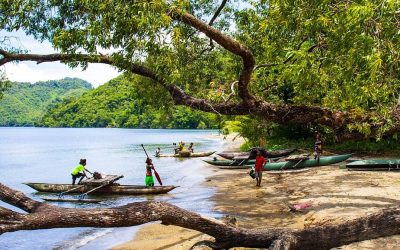
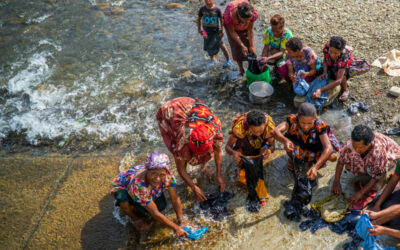
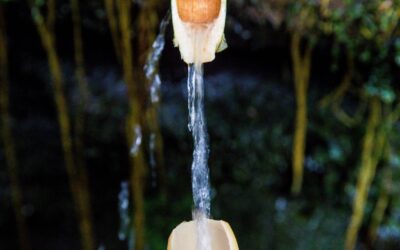
0 Comments